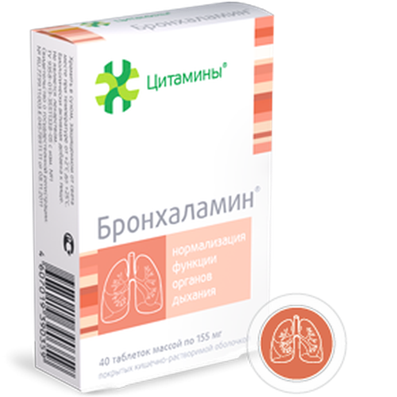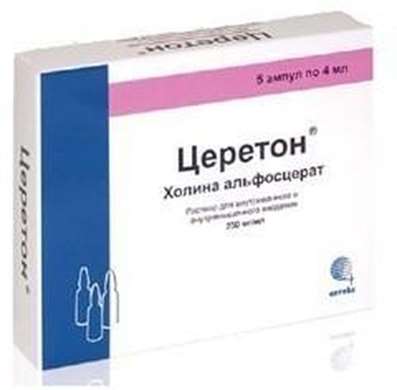Instruction for use: Quetiapine
I want this, give me price
The Latin name of the substance Quetiapine
Quetiapinum (genus. Quetiapini)
Chemical name
2- [2- (4-Dibenzo [b, f] [1,4] diazepin-11-yl-1-piprazinyl) ethoxy] ethanol (and as hemifumarate)
Gross formula
C21H25N3O2S
Pharmacological group:
antipsychotics
The nosological classification (ICD-10)
F20 Schizophrenia: Schizophrenic conditions; Exacerbation of schizophrenia; Schizophrenia; Chronic schizophrenia; Dementia praecox; Bleuler's disease; Psychotic discordant; Dementia early; The febrile form of schizophrenia; Chronic schizophrenic disorder; Psychosis of the schizophrenic type; Acute form of schizophrenia; Acute schizophrenic disorder; Cerebral Organic Insufficiency in Schizophrenia; Acute attack of schizophrenia; Schizophrenic psychosis; Acute schizophrenia; Sluggish schizophrenia; Sluggish schizophrenia with apathoabulic disorders; Acute stage of schizophrenia with excitation
F20.1 Gebefrenic schizophrenia: Gebefrenia; Gebefrenic syndrome; Heboid states; Gebefrenic schizophrenia
CAS Code
111974-69-7
Pharmacology
Pharmacological action - antipsychotic.
Interacts with serotonin 5-HT2 receptors (predominantly), D1- and D2-dopamine receptors, histamine receptors, alpha1 and alpha2 (less active) adrenergic receptors in the brain. The duration of communication with 5-HT2- and D2-receptors is not less than 12 hours.
Quickly and completely absorbed from the digestive tract, 83% associated with blood proteins. 95% is biotransformed to inactive metabolites, of which 73% is excreted by the kidneys, 21% through the intestine. T1 / 2 about 7 hours. In elderly patients, metabolic clearance is 30-50% lower than in patients aged 18-50 years; by 25% it decreases with severe violations of the liver and kidneys (Cl creatinine less than 30 ml / min).
Application of the Quetiapine
Acute and chronic psychoses, including schizophrenia.
Contraindications
Hypersensitivity.
Application in pregnancy and lactation
Perhaps, if the expected effect of therapy exceeds the potential risk to the fetus.
The action category for fetus by FDA is C.
For the duration of treatment, breastfeeding should be discontinued.
Side effects of Quetiapine
From the cardiovascular system and blood (hematopoiesis, hemostasis): orthostatic hypotension, hypertension, tachycardia, leukopenia.
From the nervous system and sensory organs: drowsiness, dizziness, anxiety, rarely - malignant neuroleptic syndrome.
From the side of metabolism: increased cholesterol, serum triglycerides, ALT and AST, changes in the level of liver enzymes.
From the gastrointestinal tract: dry mouth, diarrhea or constipation, dyspepsia.
From the skin: rash, dry skin.
Other: pain syndrome (abdominal pain, headache, lower back, muscles, chest, ear), asthenia, rhinitis, urinary tract infections, fever, weight gain.
Interaction
Thioridazine, inducers of the cytochrome P450 system (eg phenytoin) accelerate biotransformation.
Overdose
Symptoms: drowsiness, sedation, tachycardia, hypotension.
Treatment: symptomatic; restoration and control of upper airway patency, ensuring adequate oxygenation and ventilation, monitoring and maintaining the cardiovascular system.
Routes of administration
Inside.
Precautions for the substance Quetiapine
During treatment it is recommended to refrain from working with mechanisms and driving transport.

 Cart
Cart





